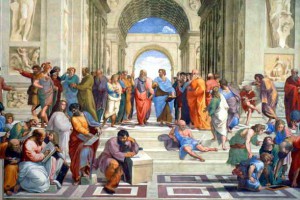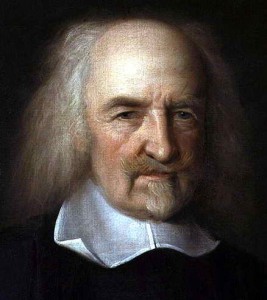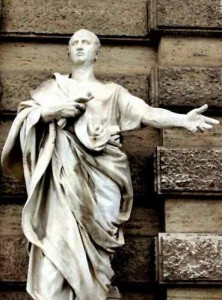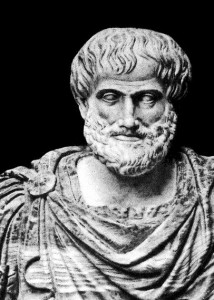Freedom acquisition through subjection of existing nessesity. The principle of apathy.
Paroxysm is strong attack, assalt (illness, feelings). The passion is a strong feeling expression. It starts and run rapidly. It is an explosive process. It might be envy, anger, loathing or strong apathy attack. All of these reduce focusing ability in reality and a luck of emotions.
Continue reading








